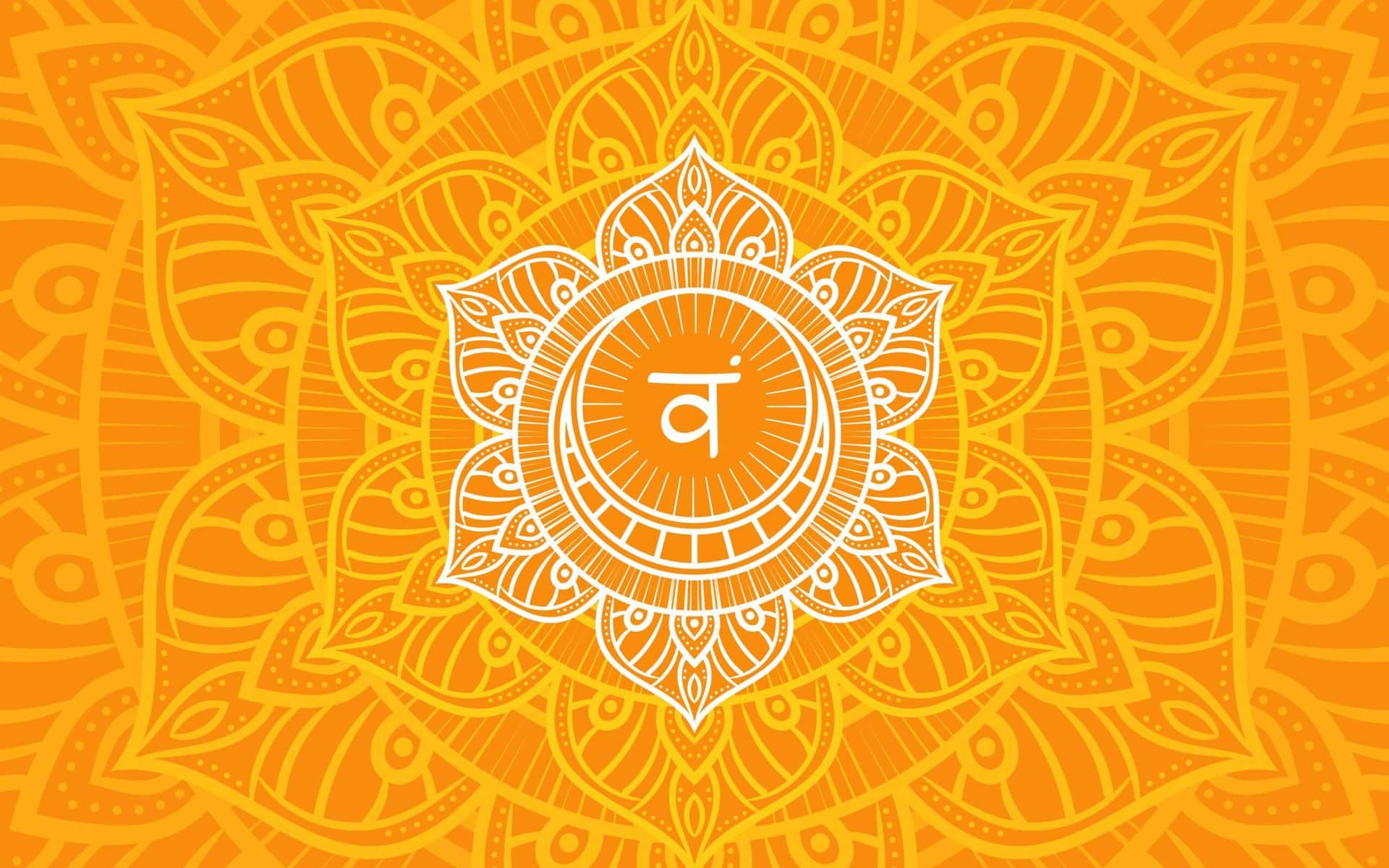Can I Be Too Confident in Recovery?
Building confidence in recovery is key to your long-term success. Recovery is a process of change. Not only are you abstaining from drugs or alcohol, but you are making adjustments to many parts of your life. As you build new habits, confidence gives you the courage to continue forward and try new things. Feeling confident can be wonderful; however, too much confidence can be problematic.
What Does It Look Like to Be Confident in Recovery?
Being confident in recovery will look different for each individual, but it is often a feeling of self-assuredness in your ability to remain sober. In recovery, this often looks like taking each step forward with conviction and belief. Commonly this means trying new things, making adjustments, or reaching out for help when needed.
So, if a person appears to be confident, they must feel confident, right? Not exactly. While a person may look self-assured on the outside, it does not always feel like that on the inside. In recovery, you will need to make many changes that often feel uncomfortable. This can range from long-needed conversations with family to addressing very painful traumas. Confidence in recovery can feel different for each person, and it is normal to have times when you aren’t sure. There are steps you can take when and if you feel like you lack confidence during your recovery journey. Reaching out to a trusted facility, mental health care professionals, or a peer group can help you rediscover your self-confidence.
Value of Being Confident in Recovery
Feeling confident requires self-esteem. Self-esteem is the understanding of oneself, their ability to succeed, and their value. At Enlightened Solutions, we believe in treating the entire person. This includes helping clients to overcome low self-esteem. As clients improve their self-esteem, they start believing in their ability to change and live sober lives.
Research published in 2011 shows us the value of self-esteem in addiction recovery. Researchers have found that those involved with addiction have lower self-esteem and that improving confidence helped individuals to decrease their tendency toward addiction. Being confident is essential in recovery. It allows you to be assertive and take the steps you need to take as you make changes in your life.
Overconfidence: The Pink Cloud Effect
While it is essential to build confidence, there is such a thing as too much confidence in recovery. This is known as the “pink cloud effect” or the “pink cloud phase” in recovery. It is the feeling like you have conquered addiction. Associated with the pink cloud effect is the belief that you are “cured” of addiction – without any more work to do. Signs of the pink cloud include the following:
- Overly energetic
- Euphoric
- Assuming there will be no addiction-related issues in the future
- Wildly optimistic look on your recovery
- Unconcerned about relapse
Dangers of Overconfidence
The pink cloud effect in recovery may feel great, but it has many downsides. Research has shown that overconfident people underestimate their addiction and their self-control. This distorted view of self and ability can lead you to believe that you no longer need to maintain the changes which you have made to stay sober.
However, the lifestyle changes and support networks you built are important to maintaining sobriety. Due to these changes, being overconfident can lead to complementary behaviors, which, in turn, often lead to relapse. It is essential to recognize the pink cloud in recovery and reach out for help as needed.
Owning Your Recovery
While it is a delicate balance, you can find ways to feel confident without becoming overconfident. Recovery is a long journey, and there will be many ups and downs. Enjoying feeling confident is okay. However, remember that your feelings of confidence may change over time. The pink cloud can pass quickly and leave you feeling discouraged.
Having a plan for support, regardless of your confidence, is one way to strike a balance. This means setting up a schedule and routine that provides a structure for you and helps you succeed in recovery. Remember that it’s your recovery; finding what works for you is the most important thing.
Another way to own your recovery and avoid overconfidence is to practice honesty. While it is easy to say, being honest and aware of yourself is challenging and a skill that takes practice. In treatment and beyond, you can practice this skill by taking time to reflect. Sharing your feelings and getting feedback can also help get an outside perspective of your actions.
You can gain knowledge of yourself through peer support groups or working with a mental health professional. They can help you to feel confident in your ability to succeed and help to keep you level-headed. Understand that recovery is a journey that you will continue to grow through. However, you are capable of making the changes you want to make.
Being confident when coming out of treatment is vital to recovery success. It helps you to know that you can make the changes that you need to make as you adjust to a sober life. However, there is such a thing as overconfidence in recovery. The pink cloud of recovery is named for its feelings of elation, as if addiction can not ever touch you again. At Enlightened Solutions, we help our clients learn skills in order to be successful in recovery after they leave treatment. Clients learn awareness, self-care skills, and improved communication methods. We believe that every client deserves care that meets their individual needs. To learn more, call us at (833) 801-LIVE today.



